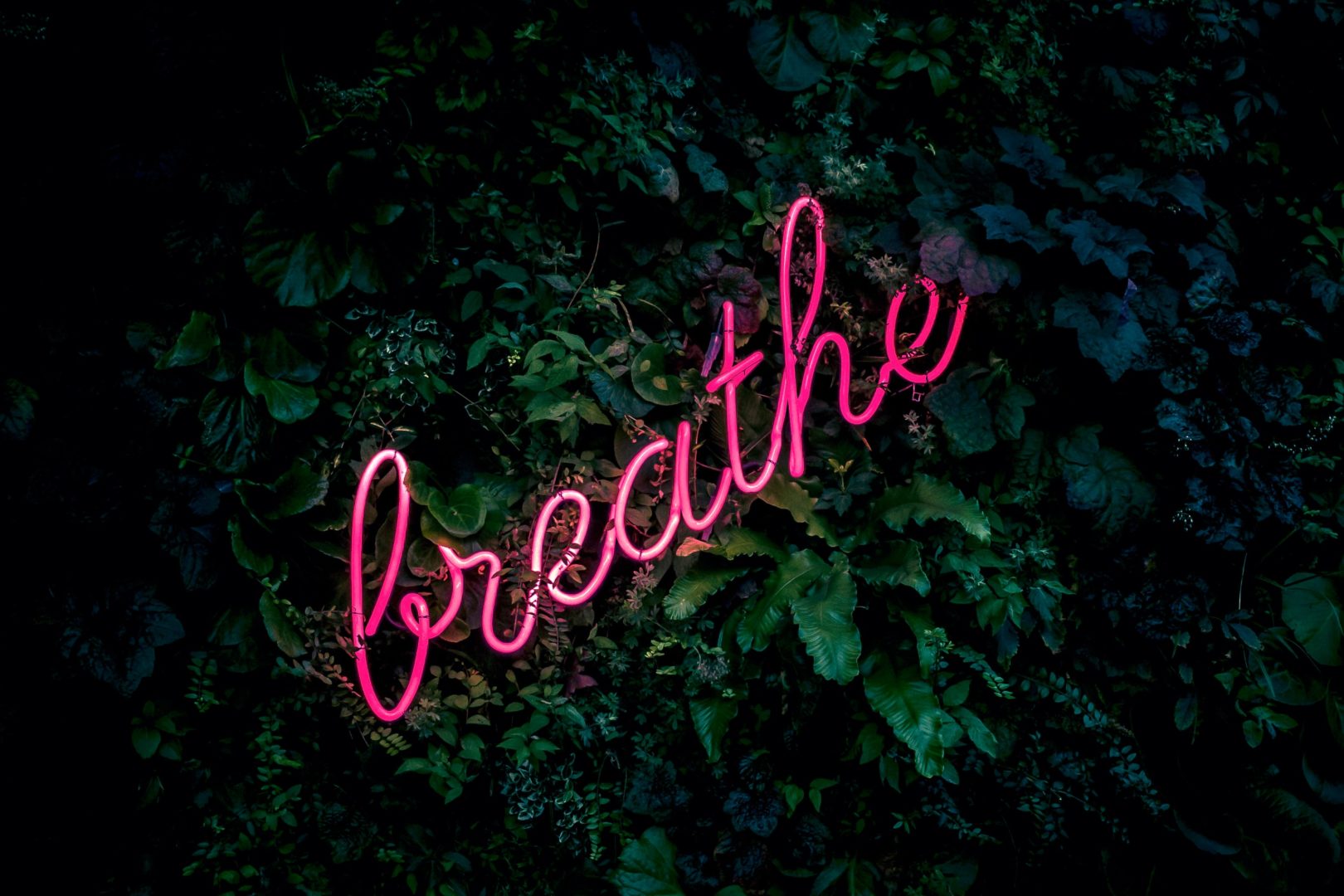Magazines, articles and even the internet is full of posts about mindfulness meditation and how it’s beneficial. But what is mindfulness? Mindfulness is the practice of paying attention while in the present moment. This is done intentionally and with no judgement. Mindfulness meditation is regulating your attention deliberately. This is done through observation of your emotions, thoughts, and overall body state.
It is a way to truly experiences the present moment and how to assimilate this new awareness into your daily life. Training in this moment of consciousness is done through mindfulness meditation. This will allow you to build your mindfulness so that you can apply it to your daily life. This can mean no being chained down to reactive feelings or thoughts and will help in many situations.

Benefits of Mindfulness Meditation
The practice of mindfulness meditation and mindfulness has been part of human life for centuries. Its benefits have seen a rise in not just a person’s private life, but professional life as well. As it changes the wiring and makeup of your brain, the benefits become even clearer, the more you practice it. What are these benefits:
- It will reduce anxiety. In today’s fast-paced digital world, you may find yourself having to take on more than what you did a decade ago. As the world continues to add pressure to our lives, this makes for the perfect condition for anxiety. Practising mindfulness can and will reduce stress with regular practice.
- Mindfulness will also help you reduce any race or age bias that you may have. While you may rely on specific shortcuts or associations to get through the world, some can be destructive. While being bias towards pancakes over waffles is okay, having this over age or race can have a significant impact on your life and work.
- Mindfulness may prevent and treat depression. Mindfulness, along with other forms of therapy, has shown to have an impact on depression. This usually involves exercises like yoga, homework, body awareness, eating, and even doing chores around the house.
- You will see an increase in satisfaction over your body. Whether you’re a woman or man, body image can play a negative role in our lives. With fashion and fitness magazines, TV< and even Hollywood telling you how you should look, it can wear down your self-esteem and cause body image issues. Mindfulness can give you a reduction in your body dissatisfaction and self-worth while giving you body appreciation and self-compassion.
- Mindfulness can improve your cognition. Even if you can’t practice for long periods, even short sessions of mindfulness have proven to enhance cognition. It can significantly improve working memory, executive functioning, and visual-spatial processing.
- You will see a reduction in distractions. Mindfulness helps you focus and concentrate. As the world zips past you as lightning speed and with being pulled in every direction at once, distractions can wreak havoc on the mind. Mindfulness will help you make faster and more adjustments to your attention.
How Mindfulness Can Help with Stress
Though stress is a natural part of life, you don’t want it to pile up and weigh you down. Mindfulness can help reduce your stress levels, so they have a reduced impact on your happiness and well-being.
- You will have more awareness when it comes to your thoughts.
- You’ll become less reactive to a situation.
- Your awareness and sensitivity will spread to the needs of your body.
- With mindfulness, you’ll have more compassion for others, along with being more sensitive to their emotions.
- Mindfulness reduces activity in the amygdala, which switches the stress response in your brain.
- You’ll have more focus.
- Practising mindfulness will also give you space to think about the stress itself. You’ll think differently about how it affects your body and mind and makes it easier to deal with.
Steps in practising mindfulness meditation
Practising mindfulness meditation helps you add space between you and your reactions. This breaks down your conditioned responses. Here are some steps to help you practice mindfulness.
- Be sure to sit comfortably. Something stable would work, like a chair or bench.
- Pay attention to your legs. Cross them if possible, or rest the bottoms of your feet gently on the floor.
- Straighten your upper body without ant stiffness. Let it be natural.
- Rest your arms, so they are comfortable and natural.
- Soften your gaze and drop your chin. Let your gaze fall downward. You don’t have to close your eyes. Allow things to appear without focusing on them.
- Don’t forget to breathe. Allow your breath to flow through your nose or mouth. Feel the rise and fall of your stomach or chest.
- Take notice if your mind drifts away from your breath. Just return to this place if you notice it wandering.
- Above all, be kind to yourself. Don’t scold your wandering mind, but bring it gently back over and over. Show no expectation or judgement.
- When you’re done, lift your gaze. Spend a moment and see if you notice any sounds around you. Pay attention to how your body feels along with your thoughts and emotions.
Practising mindfulness comes with many benefits. While it may be hard to focus at first, be kind to yourself. The more you practice, the more benefits you’ll reap.